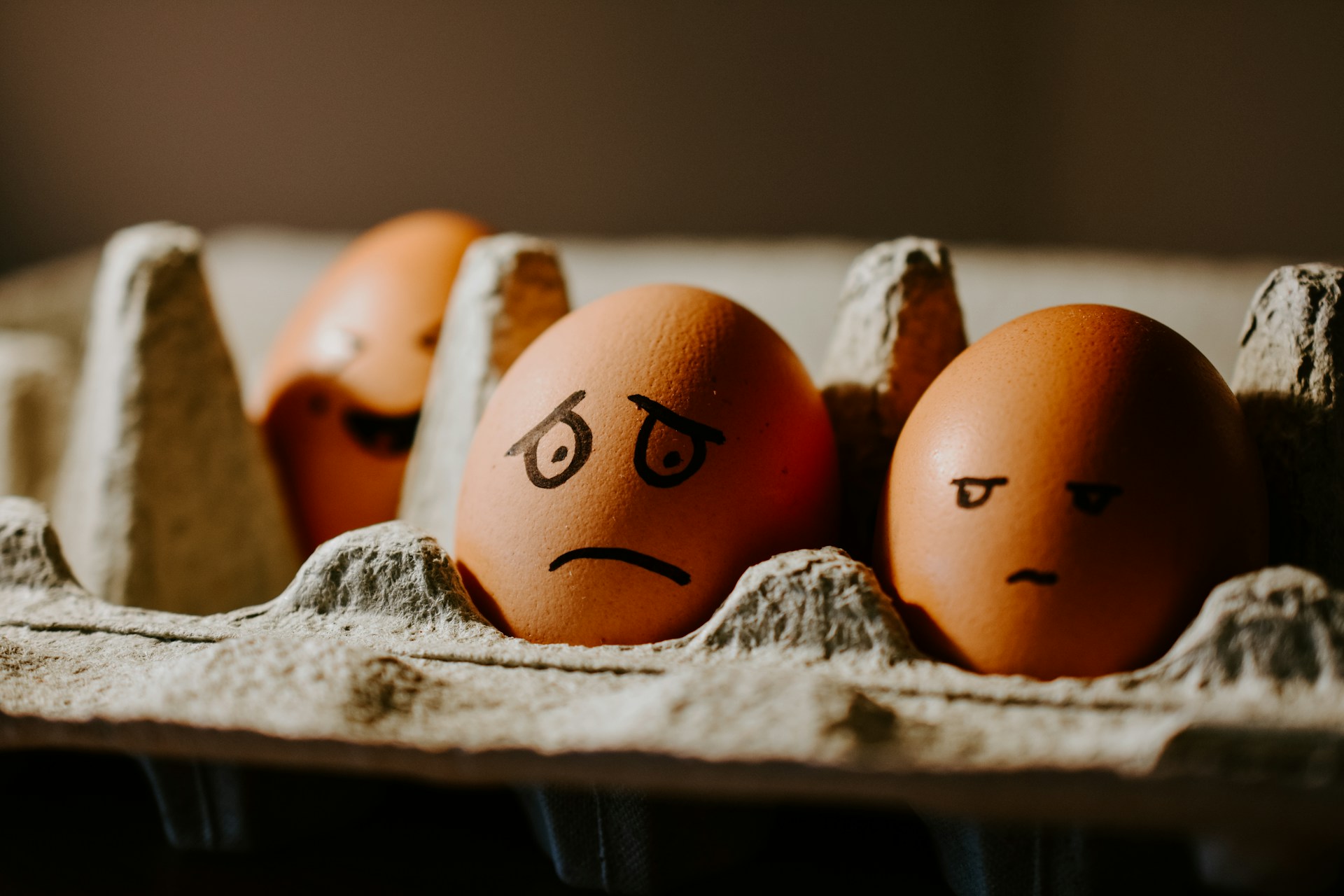Yes, you read that title right. We’re going to talk about 3 the things we don’t like about WordPress. We spend a lot of time singing its praises but, truth be told, it’s not all sunshine and rainbows. Despite everything, WordPress is still king, and a cracking bit of kit considering you don’t pay anything to actually use it.
Plugin saturation
There are thousands upon thousands of plugins available for WordPress. While we’ve identified a handful that we highly rate and include in almost every build, we often find ourselves searching for an easy-to-use plugin to add specific functionality to a client’s site. Sifting through the dregs of the WordPress plugin library can be a grim task – especially when you’re looking for something more niche. It feels to us like the plugin library could use some curation, with poorly reviewed or outdated plugins hidden from the search results. It’s easy to get “plugin blind” when hunting for a solution.
All in one themes
The second one in our list of 3 things we don’t like about WordPress is “All in one themes.” You’ve possibly seen these on your travels – one theme that claims it can do 400 different things, loaded with sliders, galleries, video players, portfolios, and god knows what else. All singing, all dancing… and VERY bloated. This really is a case of using a sledgehammer to crack a nut. You simply don’t need a mammoth theme that covers every possible eventuality. We champion lightweight, maintainable, simple themes above all else. It’s better to add what you want, than trying to chisel bits off later.
We’ve lost count of the sites we’ve seen running slowly because the theme installed 10 or more JavaScript libraries that weren’t even necessary. These enormous themes are often tricky to work with, finicky, temperamental, and really do run terribly.
Caching
There’s a time and a place for caching**, and that time is “almost never” when you first launch your site. You can’t just slap a cache on a website and call it a day. Caching should be part of a larger performance strategy, which includes optimising your content, images, and videos, removing unnecessary assets and libraries, and improving your hosting environment. All of this will have a bigger impact than simply installing a caching plugin.
Then there’s the age-old issue: “I’ve changed my content, so why can’t I see the update?” It’s likely because you forgot to clear the cache, after which you’ll need to recache. Caches need regular optimisation and maintenance – it’s not a “set it and forget it” solution. Besides, modern browsers already have built-in caching, so a clunky caching plugin might not offer as much benefit as it claims to.
**What the hell is caching?
Basically, caching is like giving your website a shortcut. Instead of loading everything from scratch every time someone visits, it saves a temporary copy of the site’s content (like images and code) on your device. So, when you come back, the site loads way faster.
While we do have a handful of other little niggles, these 3 things we don’t like about WordPress are, in our opinion, the worst offenders. It has to be said, though, that WordPress really is fantastic and despite a handful of its shortcomings, we certainly wouldn’t be without it.
Are you struggling with a janky bloated theme? Do you wish your site was just a little bit easier to work with? Why don’t you get in touch and pick our brains? Our free advice offer has helped a loads of people improve to their online presence. And we promise it’s not “buy all our stuff and we’ll fix all of your problems.”

